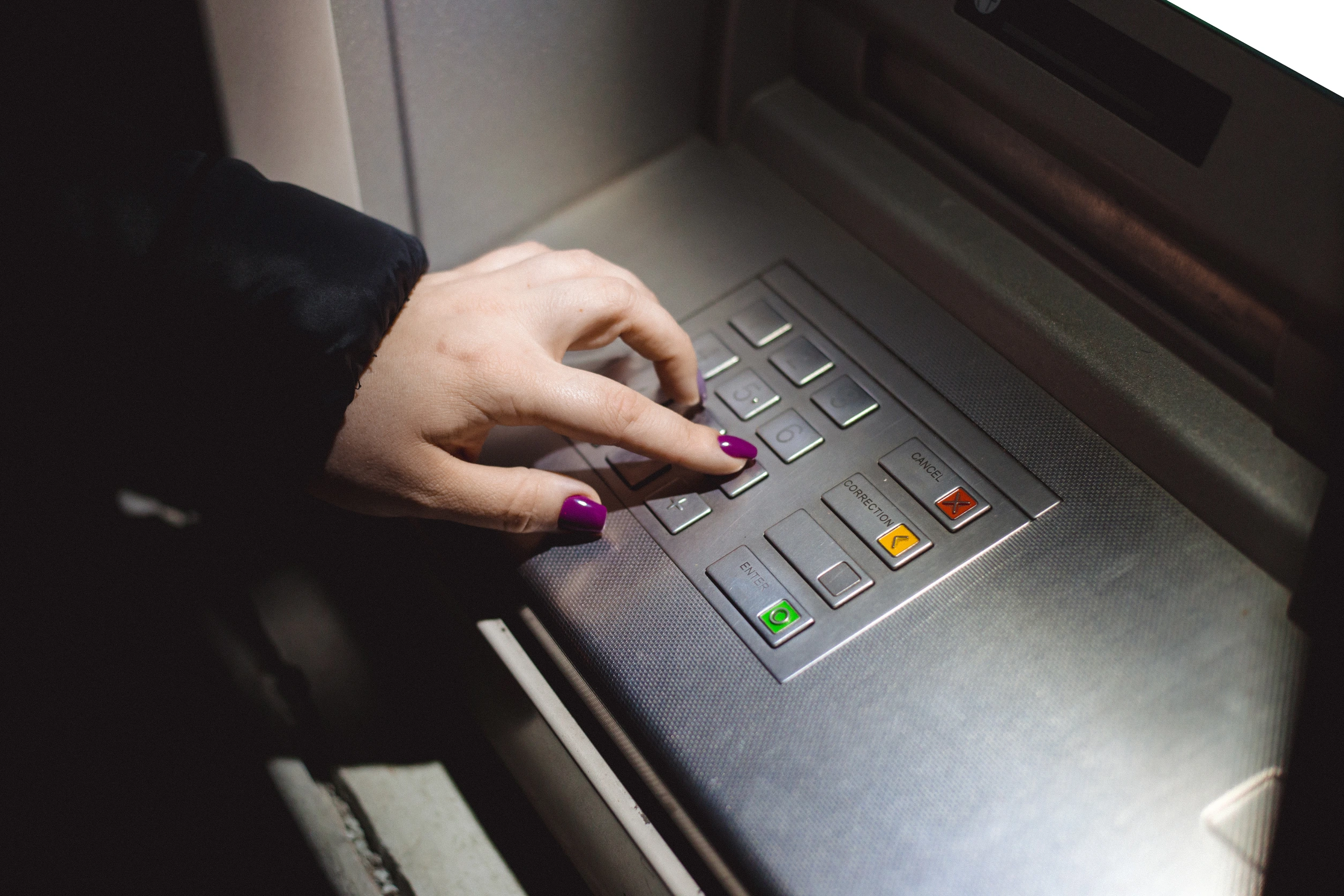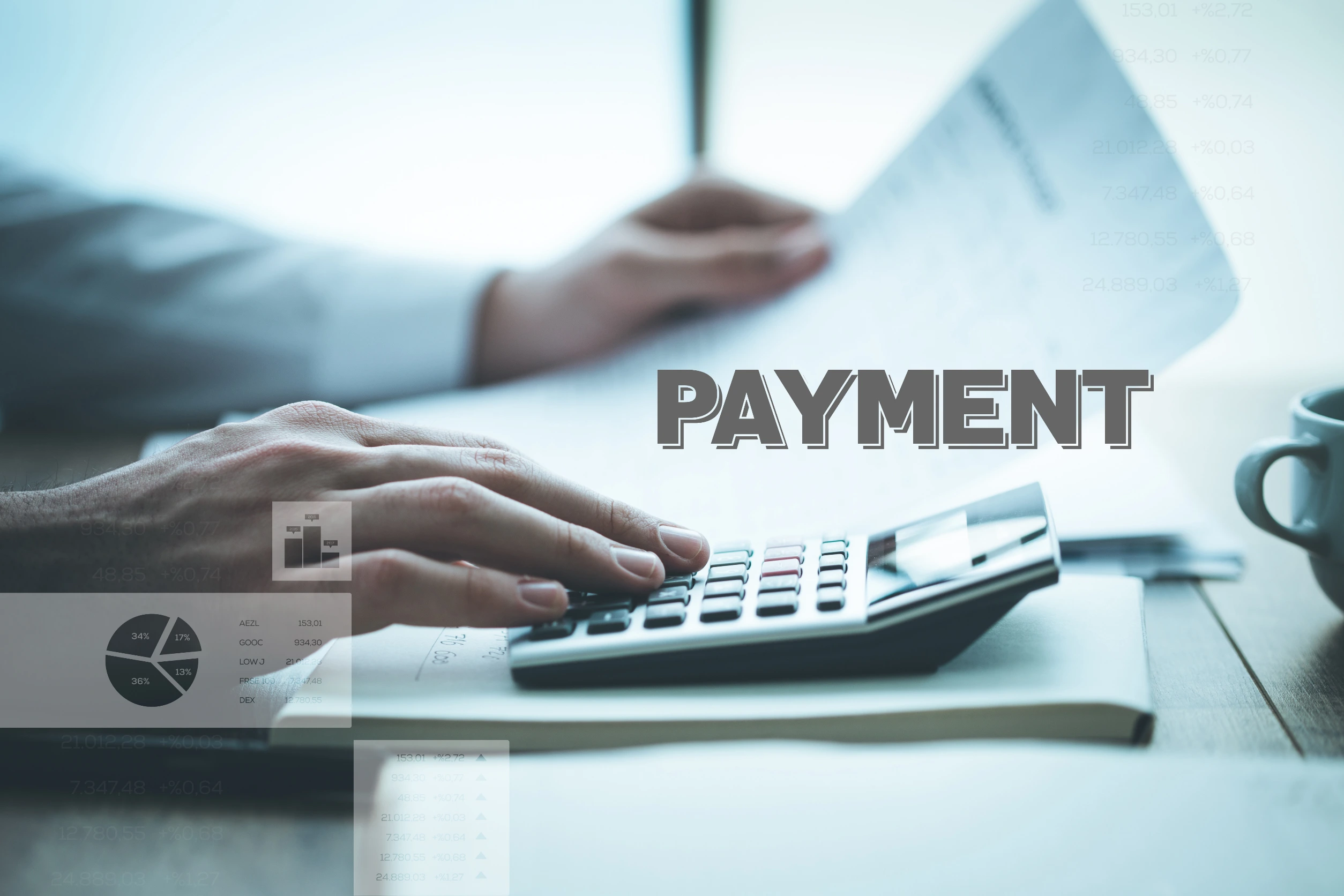
In today’s fast-paced economic climate, managing personal finances has become more challenging than ever. With fluctuating markets, increasing living costs, and the allure of easy credit, it’s easy to slip into financial pitfalls. Take a look at these ten critical signs indicating that you might be on the verge of a money disaster. Understanding these signs is vital to taking proactive steps toward financial stability.
1. Consistent Overdrafts in Your Bank Account

Continual reliance on overdrafts is a glaring red flag in financial management. Overdrafts might seem like a convenient short-term solution, but they often come with high fees and interest rates. Regularly finding yourself in the red implies that you’re spending more than you earn, a dangerous precedent leading to a debt spiral. Start by re-evaluating your budget and cutting unnecessary expenses to mitigate this risk.
2. Reliance on Credit Cards for Daily Expenses

Using credit cards for everyday expenses can be a slippery slope towards debt accumulation. It’s especially concerning if you’re not paying off the balance each month. High-interest rates on unpaid balances can quickly escalate, trapping you in a cycle of debt. To avoid this, use debit cards or cash for daily transactions and reserve credit cards for emergencies or planned expenses.
3. No Emergency Savings Fund

The absence of an emergency fund exposes you to financial peril. Unforeseen expenses like medical emergencies or car repairs can compel you to resort to high-interest loans or credit cards. Financial advisors often recommend having at least three to six months’ worth of living expenses saved. Start small if necessary, but make it a habit to regularly contribute to this fund.
4. Minimum Payments on High Debt Levels

Paying only the minimum on your debts, especially high-interest ones, is a warning sign. This approach prolongs your debt period and increases the total interest paid. Focus on creating a strategy to pay more than the minimum, starting with the highest interest debts. This approach can save you money in the long run and expedite your journey to being debt-free.
5. Lack of a Monthly Budget or Financial Plan

Not having a monthly budget is like navigating without a map and it’s a quick way to be met with a money disaster. Without a clear understanding of your income and expenditures, it’s easy to overspend and save less. Crafting a budget helps you prioritize your spending, save consistently, and make informed financial decisions. It’s a fundamental tool in maintaining financial health.
6. Regular Late Payments on Bills

Late payments on bills are not just about paying extra fees; they also negatively impact your credit score. A low credit score can lead to higher interest rates on loans and credit cards, making it more expensive to borrow money. To avoid this, set reminders for due dates or consider setting up automatic payments for your recurring bills.
7. Investment in High-Risk Ventures Without Proper Research

Investing in high-risk ventures without due diligence can lead to significant financial losses. While high returns can be tempting, they come with increased risks. Diversify your investment portfolio and conduct thorough research before committing your money. Remember, if an investment sounds too good to be true, it probably is.
8. Ignoring Financial Statements and Bills

Not reviewing your financial statements and bills can lead to missed errors or unrecognized fraudulent charges. Regularly monitoring these documents helps you stay on top of your finances and identify any discrepancies quickly. It also keeps you informed about your spending patterns, aiding in better financial planning.
9. Continuous Borrowing from Retirement Funds

Dipping into retirement savings can have long-term repercussions on your financial future and potentially lead to a money disaster. These funds are meant for your post-retirement life and withdrawing them early can result in penalties and lost interest. It’s crucial to view retirement funds as untouchable until retirement and find other ways to manage current financial obligations.
10. Lifestyle Inflation Outpacing Income Growth

Increasing your standard of living as soon as your income rises is a common trap. This lifestyle inflation can prevent you from saving and investing for the future. It’s important to balance enjoying your present while also securing your financial future. Practicing mindful spending and continuously saving a portion of your income can help maintain this balance.
Avoiding a Money Disaster Requires Financial Stability

Recognizing these ten signs is crucial in averting a potential money disaster. Financial stability requires discipline, planning, and awareness. If you find yourself identifying with any of these signs, it’s time to take action. Review your financial habits, seek professional advice if needed, and start making changes today. Remember, the path to financial health is a journey, and it’s never too late to start.
Start by assessing your financial health today. Create a budget, plan your expenses, and set realistic financial goals. Your future self will thank you!
Tamila McDonald is a U.S. Army veteran with 20 years of service, including five years as a military financial advisor. After retiring from the Army, she spent eight years as an AFCPE-certified personal financial advisor for wounded warriors and their families. Now she writes about personal finance and benefits programs for numerous financial websites.